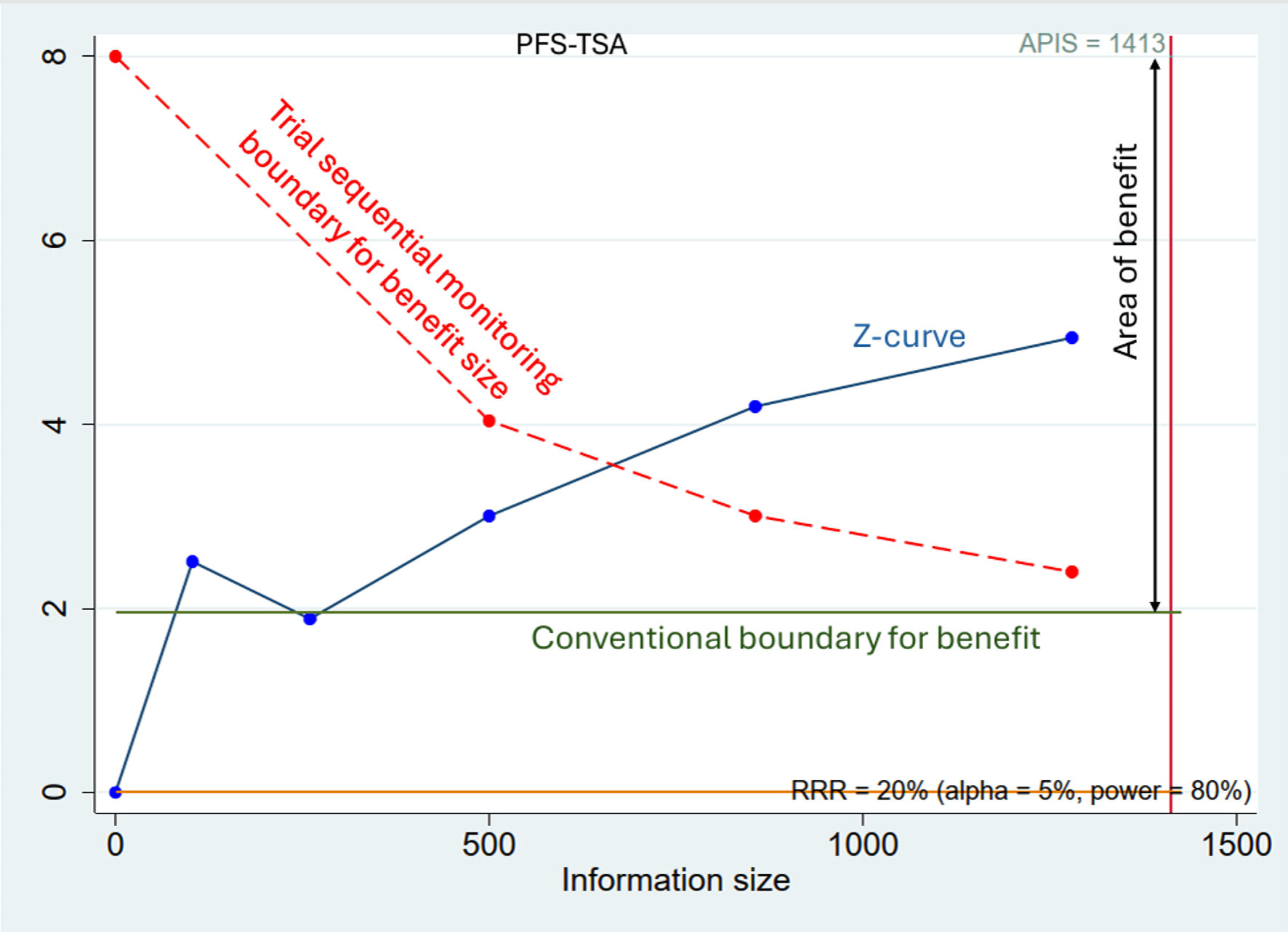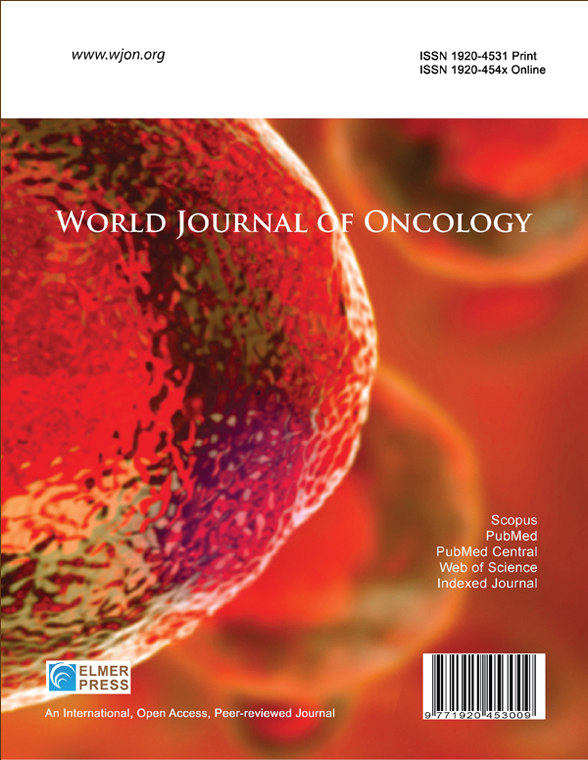Efficacy of Tegafur-Uracil Maintenance Therapy in Non-Metastatic Head and Neck Squamous Cell Carcinoma: A Meta-Analysis With Trial Sequential Analysis
DOI:
https://doi.org/10.14740/wjon2639Keywords:
Head and neck, Squamous cell carcinoma, Tegafur-uracil, Maintenance therapy, Meta-analysisAbstract
Background: Patients with non-metastatic head and neck squamous cell carcinoma (HNSCC) face high risks of recurrence after curative-intent treatment. Maintenance therapy aims to prolong disease control during this vulnerable period. Tegafur-uracil (UFT), an oral fluoropyrimidine with a favorable toxicity profile, has demonstrated efficacy in other solid tumors. This study systematically evaluated the survival benefits of UFT as a maintenance therapy in HNSCC.
Methods: A systematic review and meta-analysis were conducted according to the Preferred Reporting Items for Systematic Reviews and Meta-Analyses (PRISMA) guidelines, with the protocol registered on the Open Science Framework. PubMed, Embase, and CENTRAL were searched through May 2025. Eligible studies included adult patients with non-metastatic HNSCC who received UFT after curative treatment, with comparison to observation or standard care. Hazard ratios (HRs) for progression-free survival (PFS) and overall survival (OS) were pooled using random-effects models. Trial sequential analysis (TSA) was performed to assess the conclusiveness of the findings.
Results: Six observational studies including 1,373 patients were analyzed. UFT maintenance therapy was associated with improved PFS (HR: 0.68; 95% confidence interval (CI): 0.56 - 0.81; P < 0.001) and OS (HR: 0.54; 95% CI: 0.42 - 0.71; P < 0.001) compared with observation. TSA suggested that the available evidence may be sufficient to support a potential benefit for PFS, while for OS, further studies are still needed to strengthen the conclusions. Sensitivity analyses showed broadly consistent results; however, most included studies carried a moderate to serious risk of bias due to their non-randomized designs, which warrants cautious interpretation.
Conclusions: UFT maintenance therapy may be associated with improved survival outcomes in patients with non-metastatic HNSCC. Its oral formulation, relatively low toxicity, and potential cost-effectiveness suggest that it could represent a feasible treatment option. However, these observations currently indicate only a possible trend and should not be regarded as definitive conclusions. Further prospective randomized controlled trials are required to validate the efficacy of UFT maintenance therapy and to establish standardized protocols for patient selection and dosing.

Published
Issue
Section
License
Copyright (c) 2025 The authors

This work is licensed under a Creative Commons Attribution-NonCommercial 4.0 International License.









